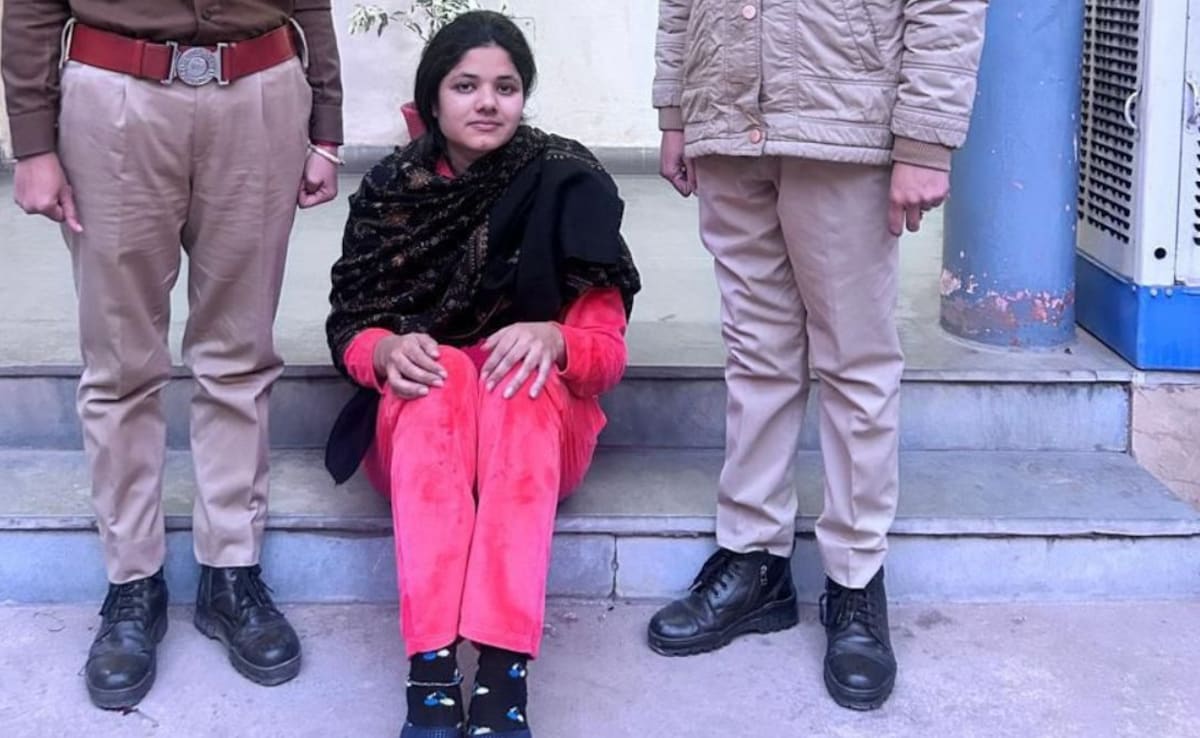A missing son’s mysterious return after two decades has shaken up a village in Uttar Pradesh’s Amethi district. An 11-year-old boy who disappeared 22 years ago, has returned as an ascetic, seeking alms from his mother.
A viral video circulating on social media shows the emotional reunion between mother and son. The man, in the traditional attire of an ascetic, is seen playing the sarangi, a three-stringed traditional musical instrument, and singing melancholic tunes while requesting alms from his mother.
The ascetic sings folk songs about King Bharthari, a central character of popular folklore, with a similar story. One of the tales involving King Bharthari is about how he left a prosperous kingdom to become a monk.
While the long-lost son sings, the video captures the mother weeping.
The story is reminiscent of the Bhawal Case of 1920, when a wandering ascetic claimed to be the reincarnation of Ramendra Narayan Roy of Bhawal (in present-day Bangladesh), who was presumed dead a decade earlier, prompting a long legal battle.
In the current case, Ratipal Singh’s son, Pinku, disappeared from their home in Delhi in 2002 at the age of 11 over a disagreement with his father over playing marbles. His mother, Bhanumati, had scolded him, and in a fit of rage, Pinku set out on a journey that would keep him away from his family for two decades.
Last week, the Amethi’s Kharauli village was stunned when the ascetic, who turned out to be the long-lost Pinku, returned to his roots. The villagers immediately informed his parents who still reside in Delhi.
When the parents arrived, they recognised Pinku from a scar on his body. The reunion was short-lived, however. Pinku took alms from his mother and left the village, leaving her once again, despite the pleadings of his family and villagers.
Pinku’s father alleges that the religious sect that his son belongs to is asking for Rs 11 lakh to release him.
“I do not have Rs 11 in my pocket, how can I pay Rs 11 lakh?” Pinku’s father rued.
Pinku clarified that his visit was not driven by family ties, but rather by a religious ritual. He explained that within their tradition, aspiring monks must complete a ritual where they receive alms from their mother. This symbolic act marks their official transition into the monastic life.














